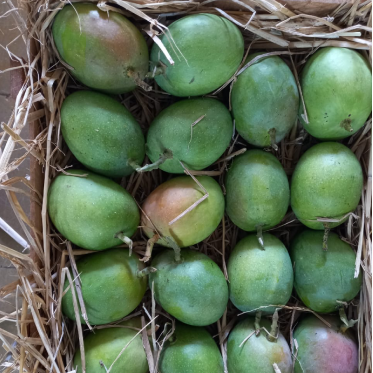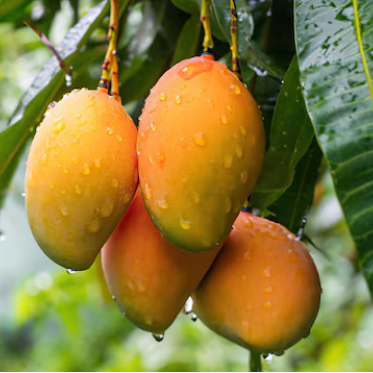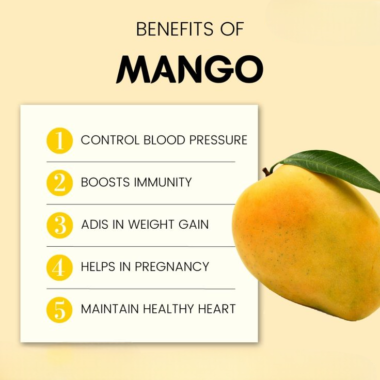Alphonso mangoes, like other mango varieties, have both benefits and considerations for individuals managing blood pressure and diabetes. Here’s a breakdown:
- For Blood Pressure:
- Rich in Potassium: Alphonso mangoes are a good source of potassium, which helps regulate blood pressure by counteracting the effects of sodium.
- Antioxidants: They contain antioxidants like vitamin C and polyphenols, which support cardiovascular health.
However, mangoes are naturally high in sugar, so moderation is key to avoid excessive calorie and sugar intake, which can indirectly affect blood pressure.
- For Diabetes:
- Glycemic Index (GI): Alphonso mangoes have a moderate GI (around 51-60). This means they can raise blood sugar levels but not as rapidly as high-GI foods. Eating them in small portions can be part of a balanced diet for diabetes.
- Nutrients: Mangoes provide fiber, vitamins, and antioxidants, which can help improve insulin sensitivity and overall health.
- Portion Control: A typical serving size for diabetics is about 1/2 cup of mango (around 75 grams).
How to Include Alphonso Mangoes in Your Diet:
- Pair them with protein or healthy fats (like nuts or yogurt) to slow down sugar absorption.
- Opt for fresh mangoes rather than processed forms (like juice or dried mango) to avoid added sugars.
Precautions:
- Monitor Blood Sugar Levels: Individuals with diabetes should check their blood sugar after eating mangoes to understand how their body responds.
- Limit Quantity: Even for those with normal blood pressure, eating too many mangoes can lead to weight gain, which might negatively affect blood sugar and pressure over time.
In summary, Alphonso mangoes can be good for both blood pressure and diabetes if consumed in moderation and as part of a balanced diet. Consult your doctor or a dietitian for personalized advice.













